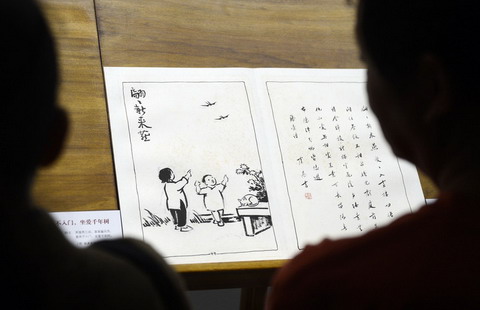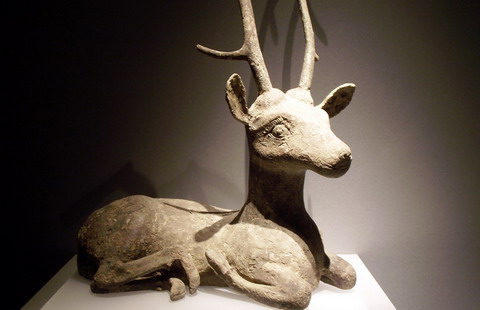In 1993, he came to China on a scholarship to study guqin (the Chinese seven-stringed zither) in Shanghai. Over the next three years he researched traditional music in the Inner Mongolia and Tibet autonomous regions, while collaborating with a number of Chinese musicians.
"What I have learned in China is that Chinese folk music is far broader than what we have now," he says.
He was doing some research on the Internet one day and stumbled upon information about a folk band of about 10 people from a remote village in Shaanxi province. "Their job is playing music for funerals and weddings. Though they have never received academic training, they are very skillful and have a good sense of music," Zollitsch says.
He went to the village and invited the band to play at a music festival in Germany. The feedback was beyond his expectations.
"Audiences in Germany have never seen those instruments. They played like a rock band," he says.
"Young composers are not willing to write folk music, because they are constrained by the traditional folk music format. They should be confident about China's folk music and free their minds."
After marrying Gong in 2004, Zollitsch visited villages near her hometown in Guizhou province, which have many ethnic groups. His big break came after he composed and produced albums, including Jing Ye Si and Ye Xue, for his wife.
"Before I met him, I was a struggling folk singer because all Chinese folk singers sing and perform in the same way. I didn't know where I should go and why I sang. Now, I have gained a new perspective about Chinese folk music," says Gong, 39, who is known for her powerful and expressive live performances.
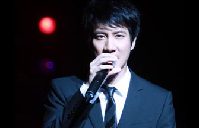
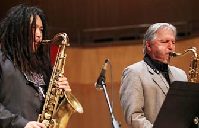

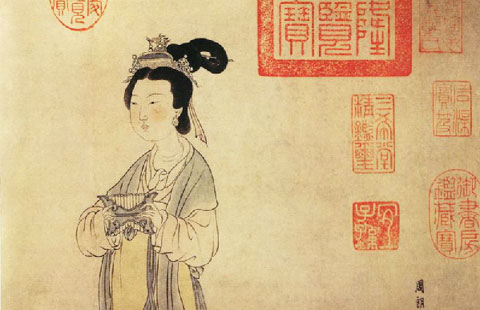

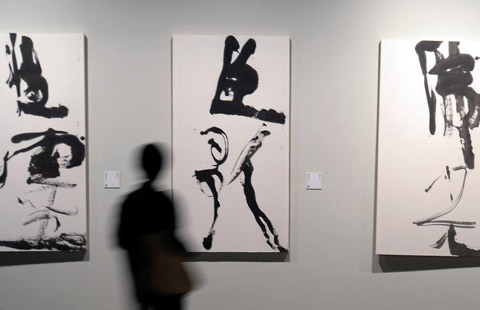
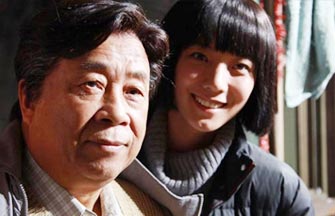

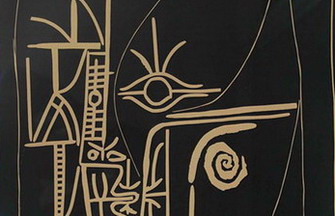















 Raymond Zhou:
Raymond Zhou: Pauline D Loh:
Pauline D Loh: Hot Pot
Hot Pot Eco China
Eco China China Dream
China Dream China Face
China Face


